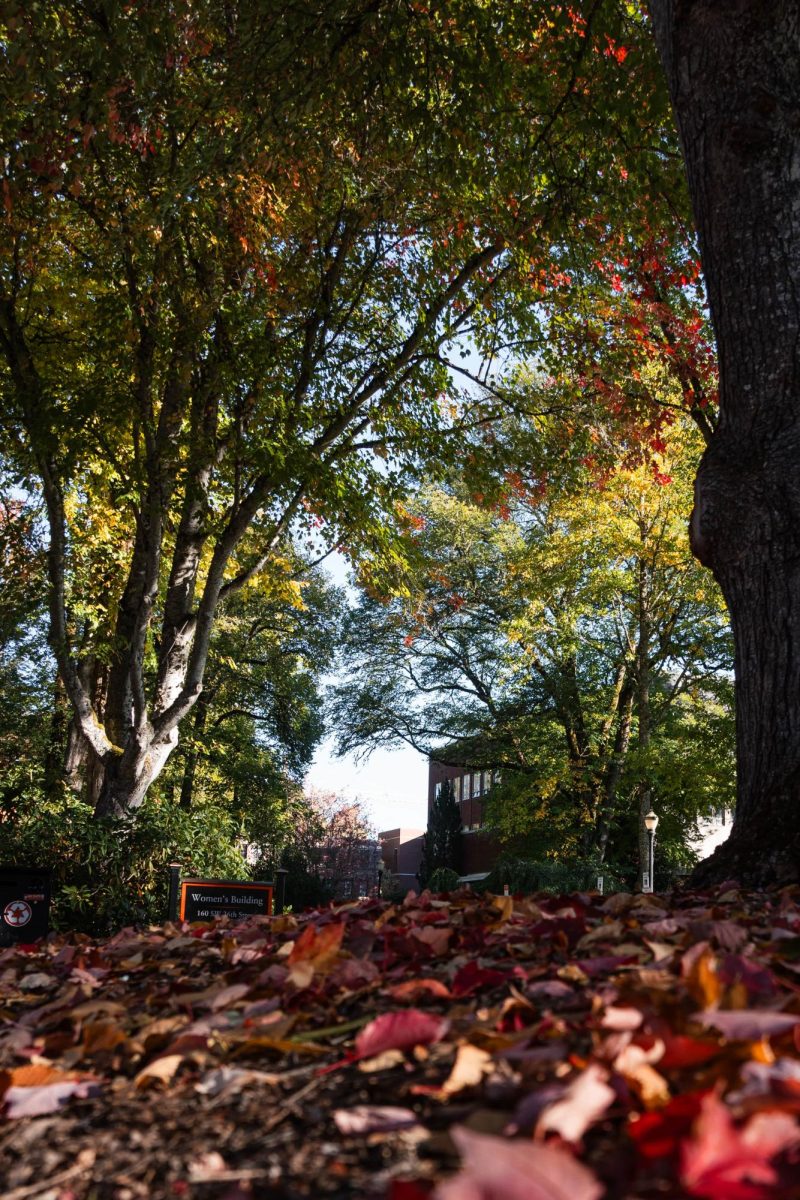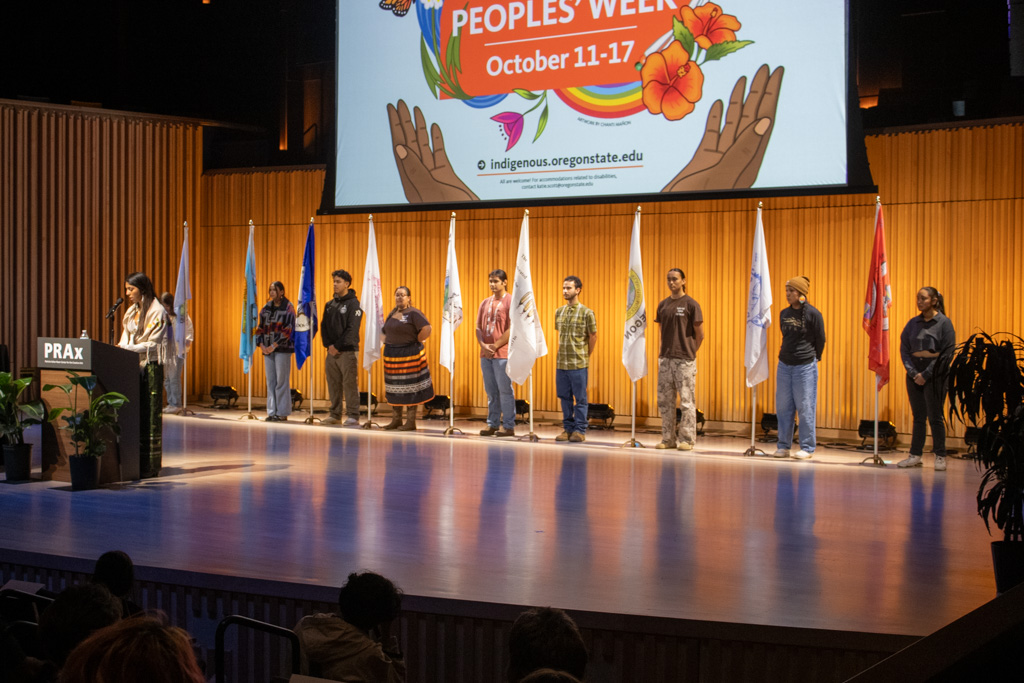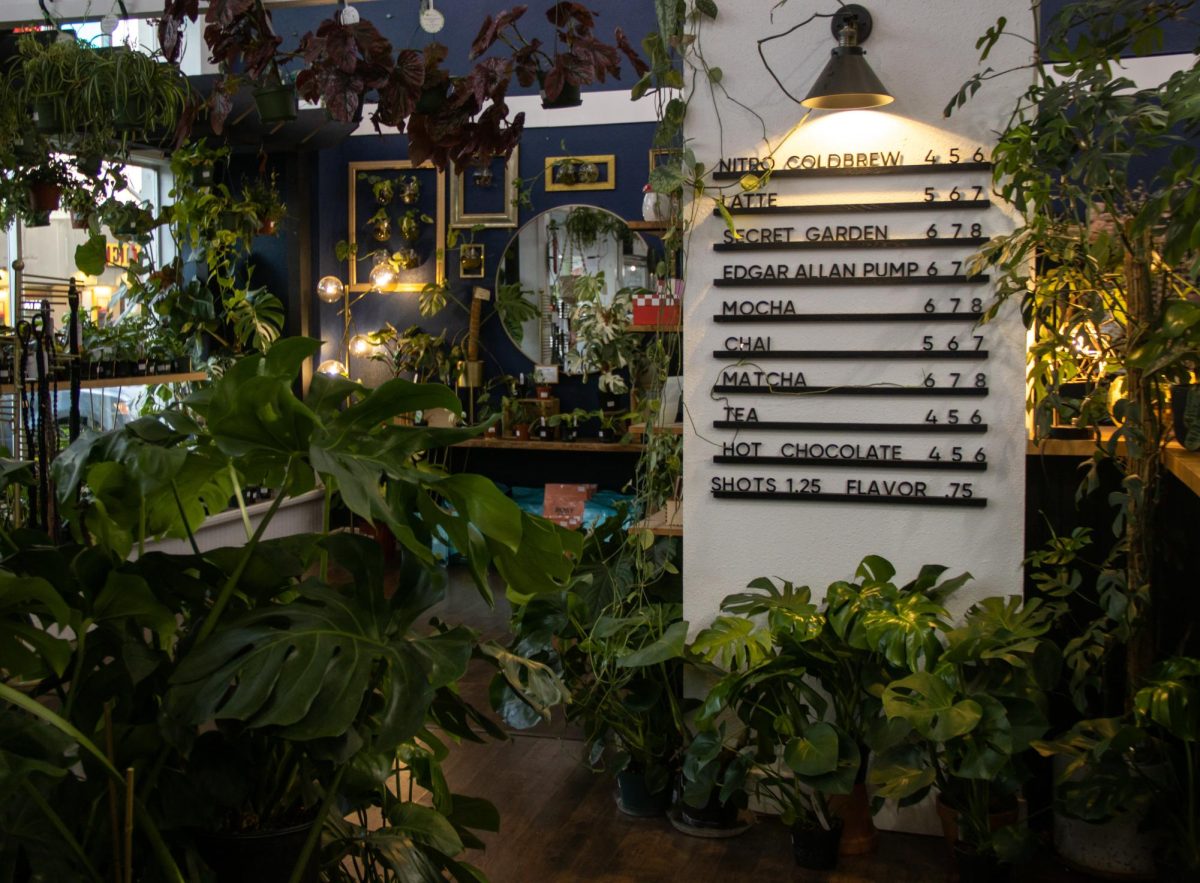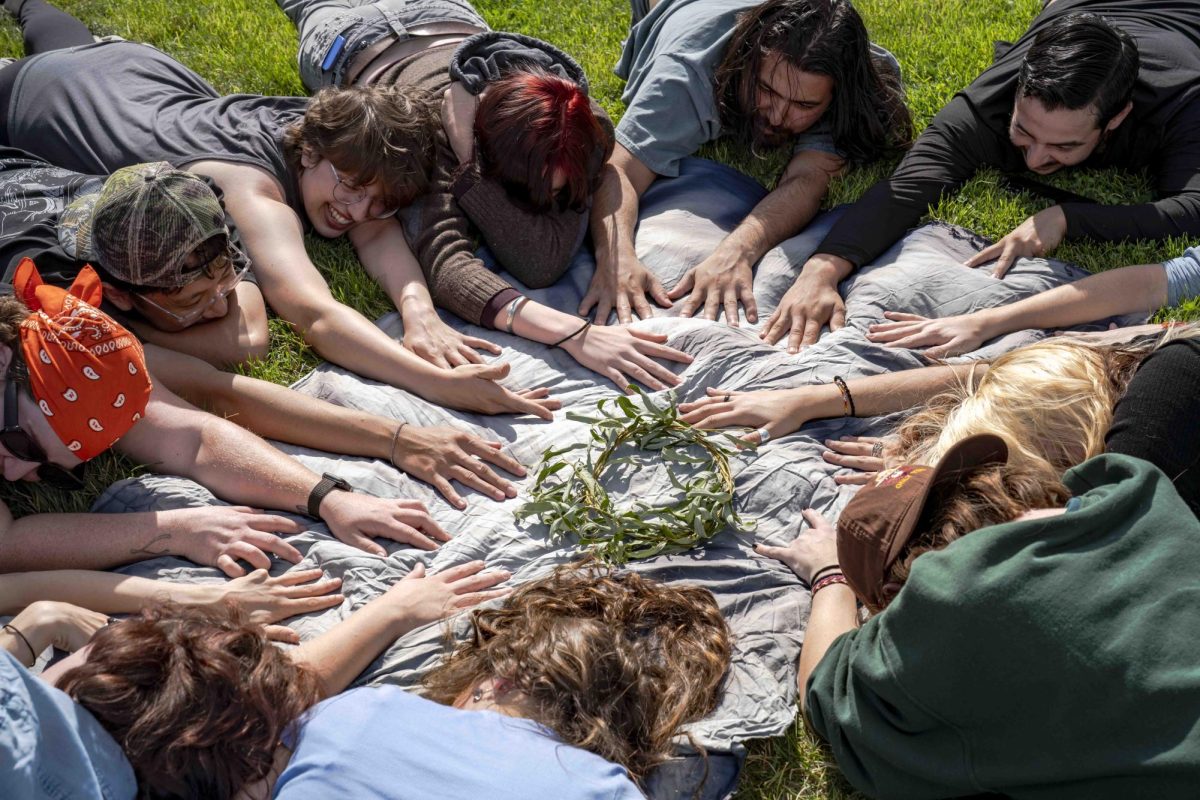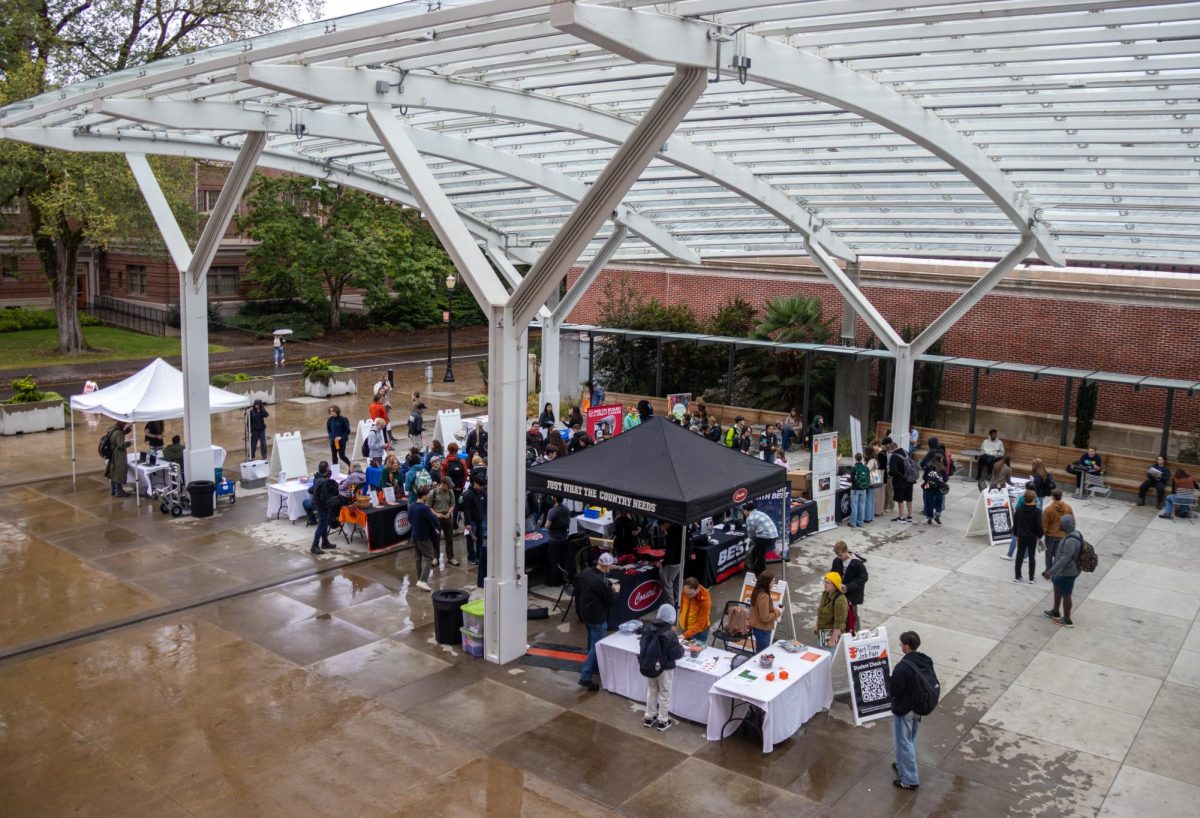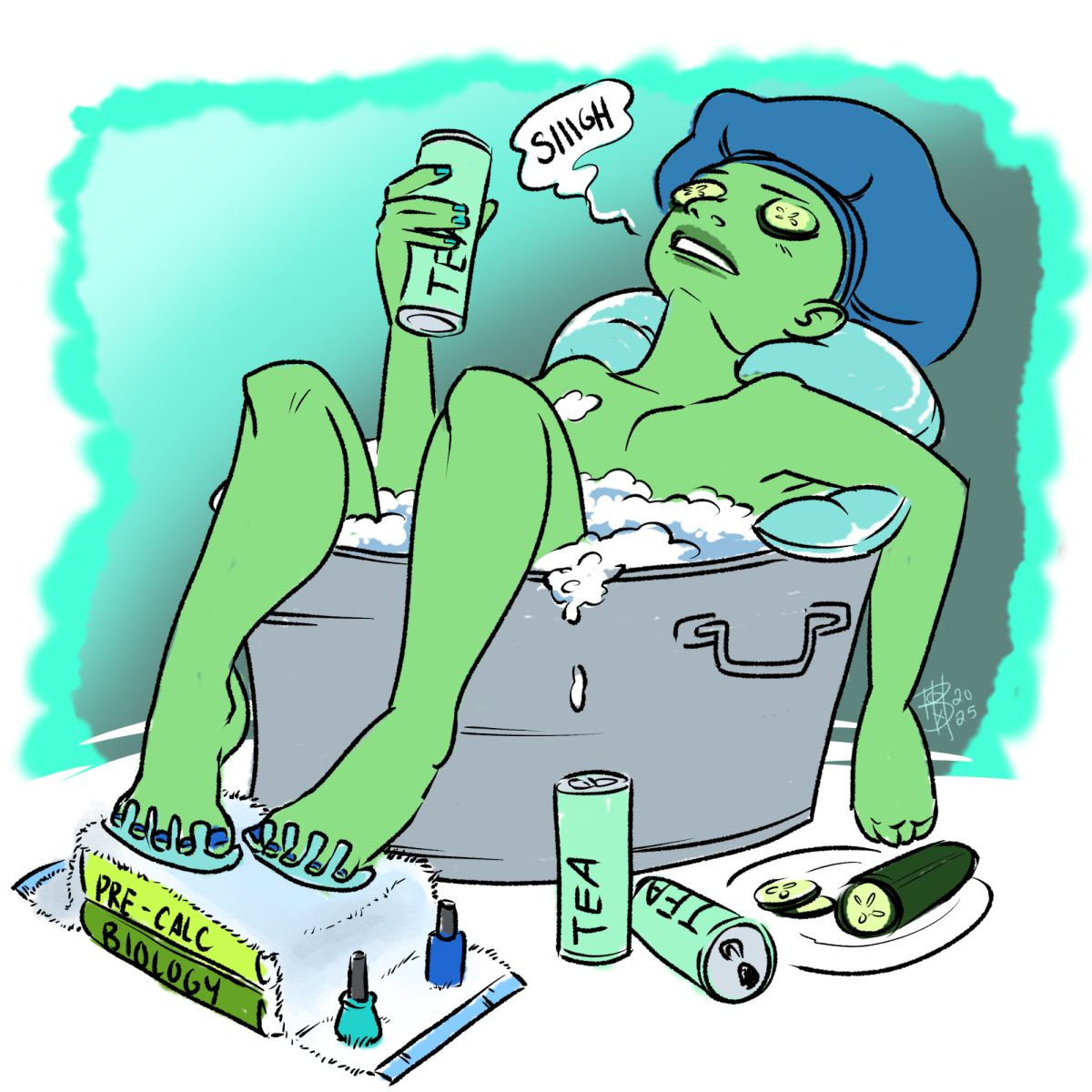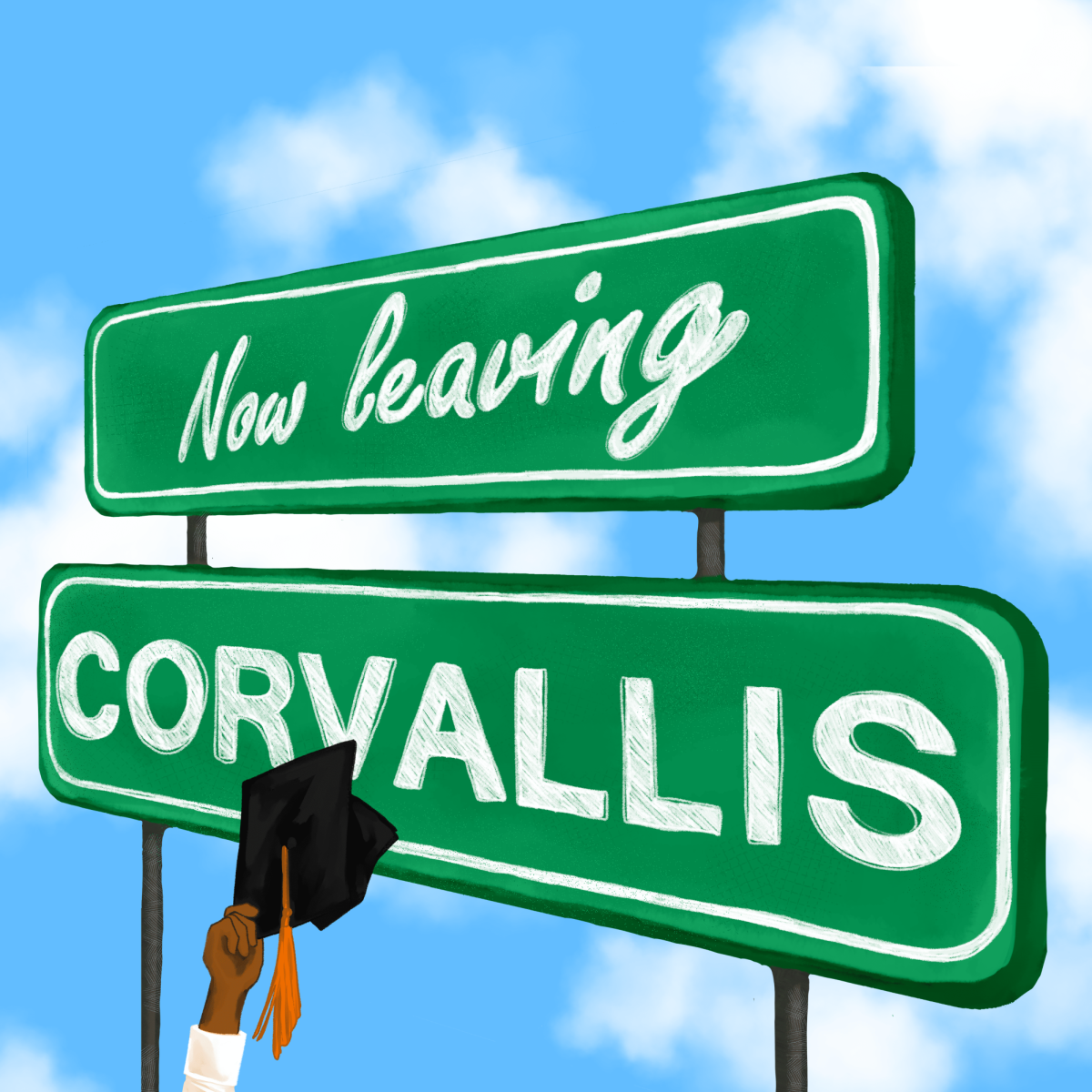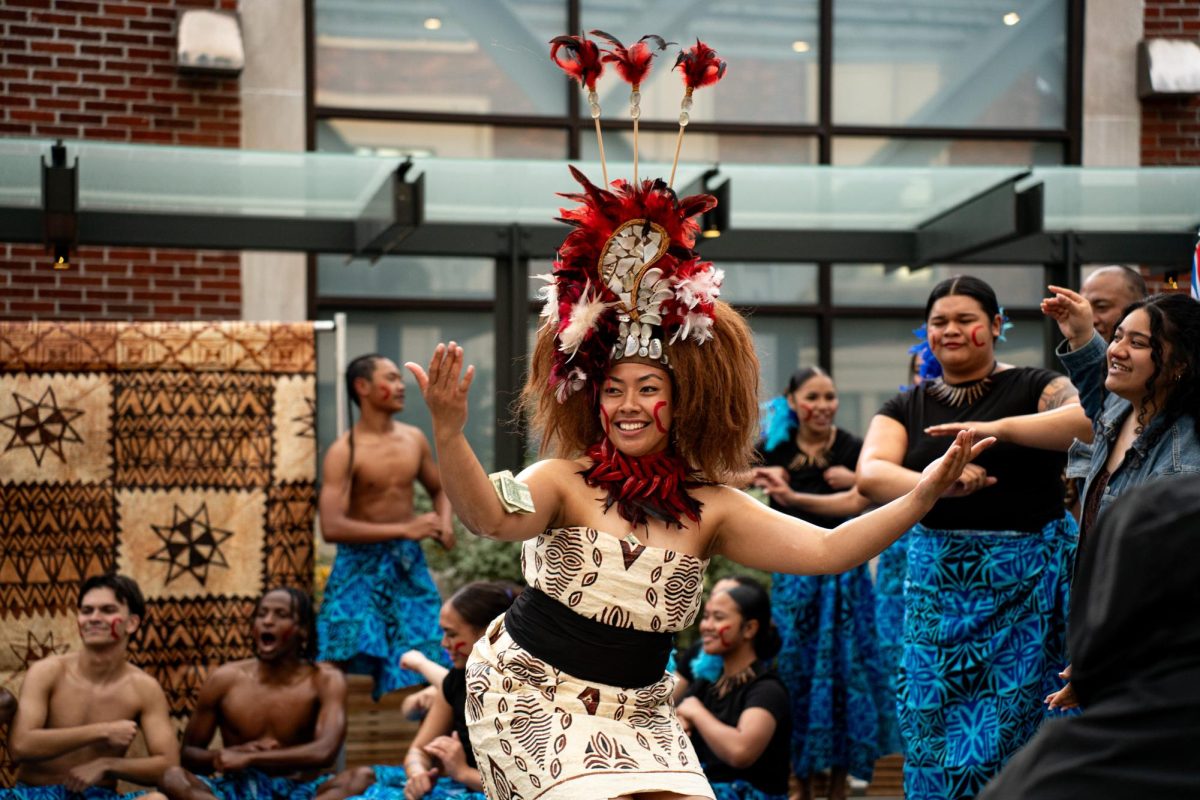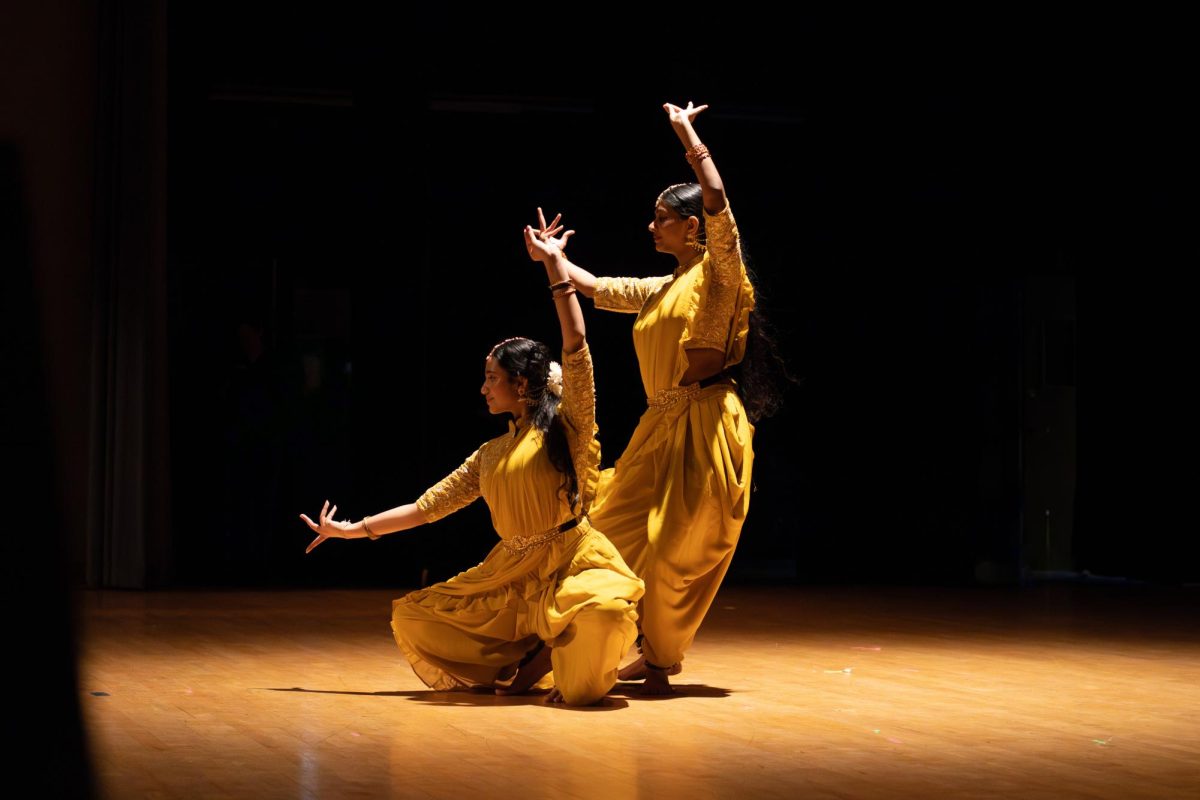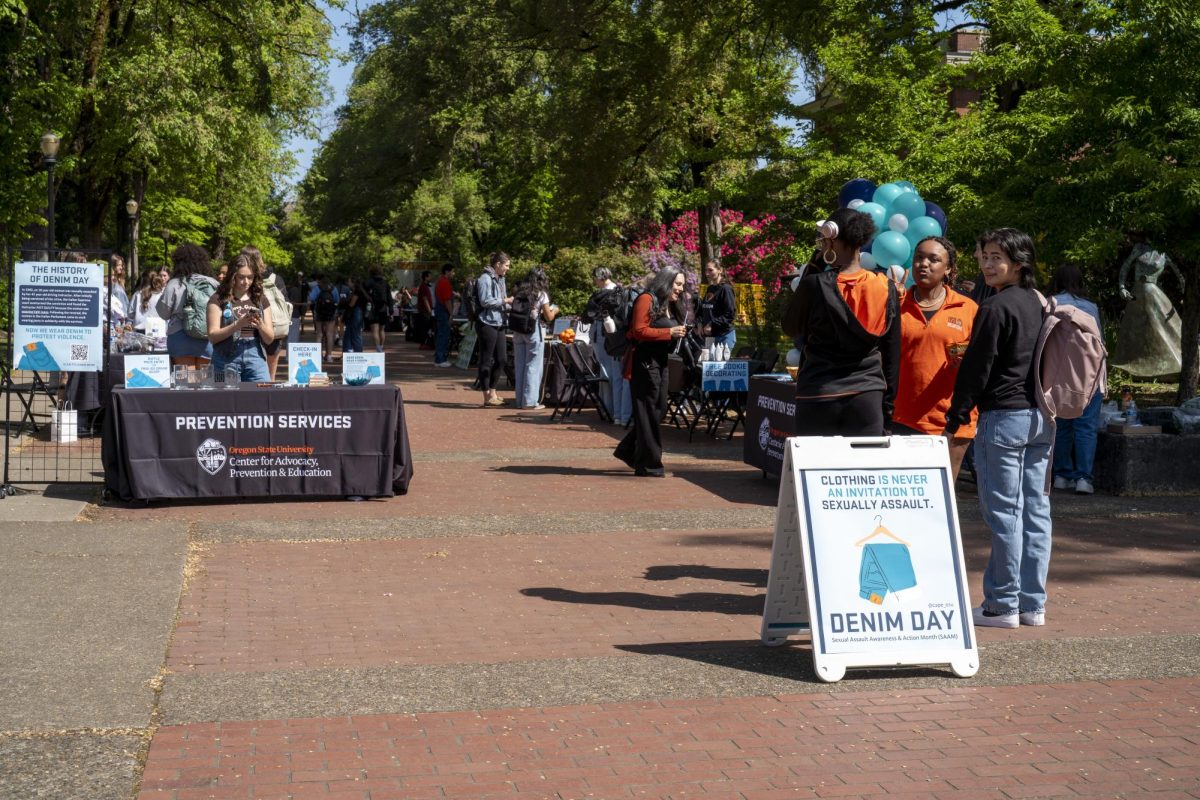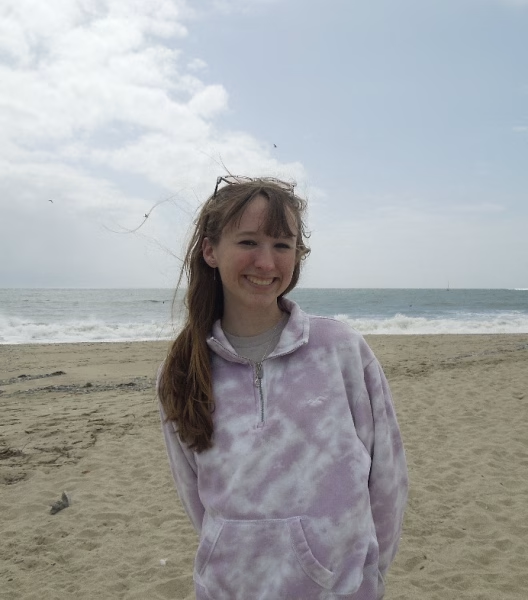Fall is here.
The gloomy Oregon weather is upon us and so are the highs and lows of back to school. Just because the weather is gloomy does that mean the term will be gloomy?
Oregon State University professor and social psychologist Regan A. R. Gurung says that, “we as human beings, anything that we believe will happen is more likely to happen, whether it’s true or not” and how having this mentality can lead to a self fulfilling prophecy. It’s as simple as if you believe that fall will be filled with good vibes of pumpkin spice and everything nice, then it will be.
For those that don’t find fall to be full of joy and whimsy, A.R. Gurung encourages the idea of going outside, that nature can improve how you feel. “Many of us will see a gloomy day or see rain and change the things that we want to do … just because it’s raining, if you go, I want to sit in my room and maybe without the lights on, no, go out and do things. Get out there and take a walk.”
He mentions that there are a variety of trails nearby campus, “there are 25 trails” and places to go like Bald Hill or Chip Ross, “if you are a student here and you’ve not walked Bald Hill or Chip Ross, go do it.”
By giving yourself space, to “create time to think” as A.R. Gurung puts it, you are allowing yourself to let “your mind go.” By simply allowing yourself time to not check messages, not listen to music, and just be, you allow yourself to feel and take a deep breath.
To cope with this stress, “hands down, empirically supported best ways to cope are social support” A.R. Gurung encourages us to, “spend more time with your friends and family” and communicate with them, as well as getting physical activity and sleep.
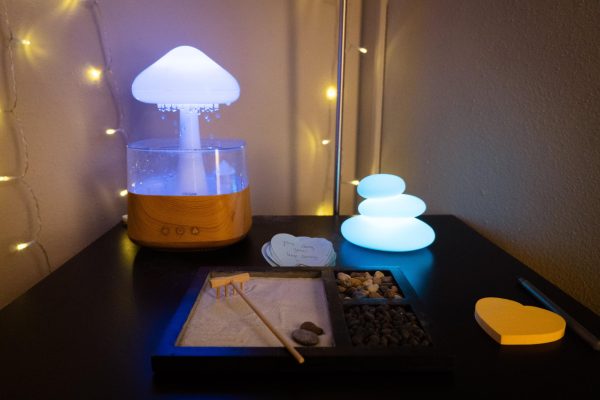
“There are 30 different ways to cope … but what people need to know is that there are good ways to cope and there are bad ways to cope,” says A.R. Gurung.
“The problem is we get ourselves into of a state of inertia, and more often than not, you just get out, and you may not want to, but near guaranteed, once you got moving, your outlook on life will change.”
A lot of times though, students may get overwhelmed and need extra help beyond going out to see Mother Nature. “Recognizing all the challenges that each of us have is a very first step to understand how we may be feeling” says A.R. Gurung.
James Morrell, a licensed psychologist with Counseling & Psychological Services (CAPS) at Oregon State University notes that CAPS offers on call services so that, “any student can walk in during business hours, 8am-5pm and be seen by a clinician.”
He mentions that CAPS also offers brief therapy on an individual basis that works with their schedule, group therapy that “is tailored to a specific population or skill set. For example we have groups that support students of color” and even groups for international students. Not only that, but CAPS offers a diverse range of group therapy options.
Morrell says, “We also have therapeutic groups. This year we have a DBT focus group for eating disorders … It’s awesome that we have this resource for students. We also are kind of trying to be creative with the groups that we are offering. For example, we have this dungeons and dragons group, which is tailored for students that have that interest but it’s led by clinicians. So it has a therapeutic approach to the game.”
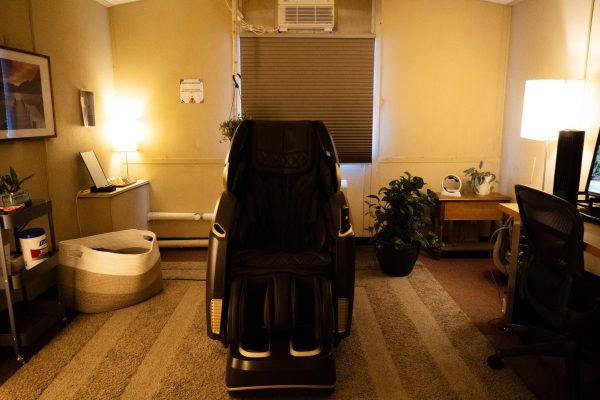
He explains further that, “students can be seen on a weekly or bi-weekly basis” as well as “single session clinics … 60 minute sessions with a clinician” that act as more of a “one and done per say where you don’t necessarily need to have a relationship with an ongoing counselor to do therapy” but definitely still need professional help to talk out the issue.
It is important to note that, “there’s a reason animals hibernate during the winter … it’s directly tied to there being less sunlight … it’s not a deal breaker but physiologically you need to go no further than why you feel sleepy in the night. Our bodies are set up to as light drops, we start getting sleepy” says A.R. Gurung.
So as the weather changes and it gets darker earlier, this could be a reason as to why many people may feel down or unmotivated. Thankfully, CAPS offers great resources that are free to students.
Morrell reminds us that CAPS has a designated room called the Mind Spa with resources to help de-stress and self care with things like a massage chair, meditations, exercise, and even herbal teas, “as long as the student goes online to schedule this room, they can access all this for an hour of relaxation.”
Morrell also highlights that in the Mind Spa, “students have access to light therapy which has been found to be beneficial for students experiencing seasonal depression or any symptoms related to seasonal depression.”
A.R. Gurung emphasizes to, “be open to how you feel, be very open to how you’re feeling, be very open to all the different things that you’re doing” and that, “it’s so important to recognize that you are stressed.”
He also recognizes the impact that social media and news can have on our lives. He says, “you got to realize that whether it’s the news or social media, especially if you’re somebody who’s on your phone scrolling, you are exposing yourself.”
Morrell also recognizes this and says, “having a therapist or having someone professional that can kind of point out how these messages are being internalized is very helpful, especially during these times”
On the back of everyone’s student ID there is a mental health crisis number that accesses CAPS department directly and the number is still accessible to students after the CAPS business hours, “they’ll just be put directly to a crisis counselor” says Morrell.
For more information and resources, here are some helpful links to CAPS, the Mind Spa, Anytime Anywhere, and Thriving Campus.

